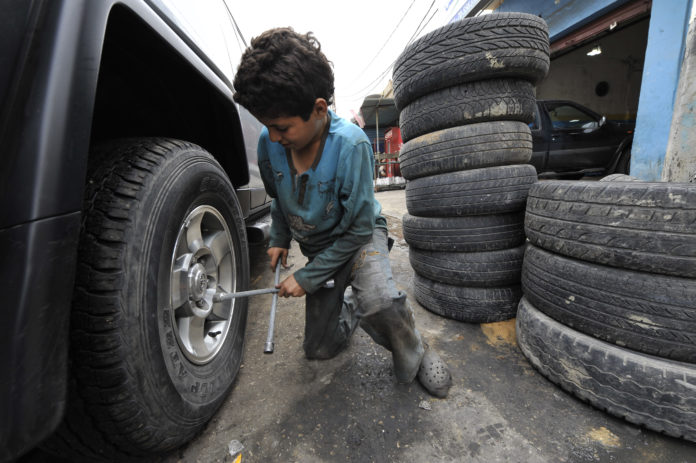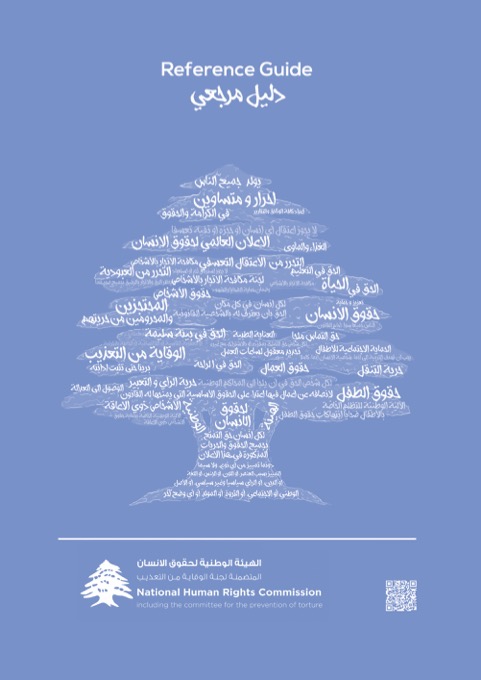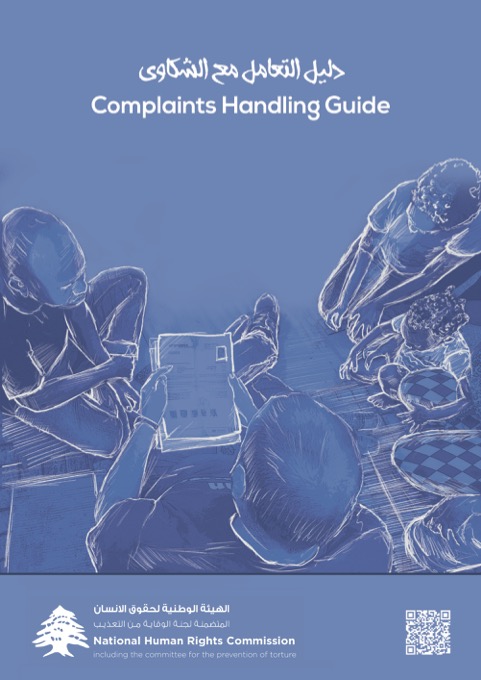The Human Rights Capacity-building Programme (HURICAP) at Amnesty Netherlands published a new handbook, in two volumes, on ESC rights, meant for civil society organisations and human rights defenders across the world.
This handbook aims to introduce its users to a range of concepts, standards, and planning tools that will support and enhance their abilities to demand the realization of economic, social, and cultural rights.
This handbook was developed focusing on the Middle East and North Africa. It is comprised of two parts: Part I focuses on understanding ESC Rights, while Part II concentrates on taking action on ESC rights. It presents a range of concepts, standards, and tools to support readers in demanding the realization of ESC rights, from theory to practice.
Part I: Understanding ESC Rights
Part I focuses on ESC rights, describing what these rights are (and are not), analyzing state obligations under international and regional law, the role of UN and regional human rights mechanisms, and the roles of different actors such as governments and NGOs in realizing ESC rights. It briefly elaborates on selected ESC rights and considers them in relation to various marginalized and vulnerable groups. Part I also deals with the realization of ESC rights during armed conflict and discusses the role of non-state actors. It discusses other essential frameworks for realizing ESC rights, including the 2030 Agenda for Sustainable Development.
Part II: Taking Action on ESC Rights
Part II links theory to practice. It introduces basic concepts and planning tools for ESC rights advocacy and tools for developing a plan of action, including problem analysis, mapping the internal and external environment, and a planning matrix. Part II also discusses how to monitor and document ESC rights and reflects on a number of methods used for advocacy, including litigation, campaigning, and mobilization, as well as engaging officials and non-state actors. Part II ends with measures for ensuring impact.


